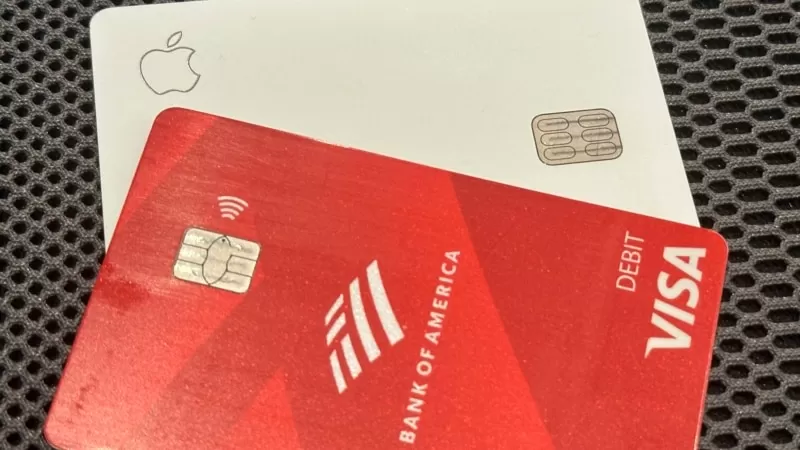The U.S. Justice Department has taken a strong stance against anticompetitive behavior in the financial services industry, filing an antitrust lawsuit against Visa on Tuesday. The complaint alleges that Visa, a major player in the debit card market, uses its size and dominance to stifle competition, resulting in billions of dollars in losses for consumers and businesses.
According to the complaint, Visa holds a staggering 60% share of the debit card market in the United States, allowing it to charge over $7 billion in fees each year for processing transactions. This level of control and market power has enabled Visa to extract fees that far exceed what would be possible in a competitive market, leading to higher prices and reduced quality or service for consumers.
Attorney General Merrick Garland stated, “We allege that Visa has unlawfully amassed the power to extract fees that far exceed what it could charge in a competitive market. As a result, Visa’s unlawful conduct affects not just the price of one thing – but the price of nearly everything.” This is a serious concern for the Biden administration, which has been actively targeting companies that act as middlemen and burden consumers with excessive fees and anticompetitive practices.
The DOJ’s complaint, filed in the U.S. District Court for the Southern District of New York, outlines how Visa leverages its dominance to impose volume commitments on merchants and their banks, as well as on financial institutions that issue debit cards. This makes it difficult for merchants to use alternative payment processors, as they would incur penalties from Visa for doing so.
Furthermore, the complaint alleges that Visa has engaged in anticompetitive behavior by paying to enter into partnership agreements with potential competitors. This not only limits competition but also hinders innovation in the industry, ultimately hurting consumers.
This is not the first time Visa has come under scrutiny for its business practices. In 2020, the DOJ blocked Visa’s $5.3 billion acquisition of financial technology startup Plaid, citing concerns over the company’s monopolistic control over the payments network. Visa had previously disclosed that the Justice Department was investigating the company in 2021 and stated that it was cooperating with the investigation.
The pandemic has further highlighted Visa’s dominance in the market, as more consumers have turned to online shopping and businesses have shifted to accepting credit and debit cards as a form of payment. Visa reported processing $3.325 trillion in transactions on its network during the quarter ended June 30, a 7.4% increase from the previous year. This growth is faster than the overall U.S. economic growth, indicating Visa’s continued dominance in the market.
In response to the lawsuit, Visa has not yet issued a comment. However, it is clear that the company will have to address the allegations and potentially make changes to its business practices to comply with antitrust laws.
The Justice Department’s actions against Visa are a positive step towards promoting fair competition in the financial services industry. By holding Visa accountable for its anticompetitive behavior, the DOJ is sending a strong message to other companies that engage in similar practices. This will ultimately benefit consumers and businesses by promoting a more competitive and innovative market.
In conclusion, the U.S. Justice Department’s antitrust lawsuit against Visa is a significant development in the fight against anticompetitive behavior in the financial services industry. The allegations against Visa highlight the need for fair competition and the consequences of allowing one company to hold too much power in the market. By taking action against Visa, the DOJ is working towards creating a more level playing field for all players in the industry, ultimately benefiting consumers and businesses.


